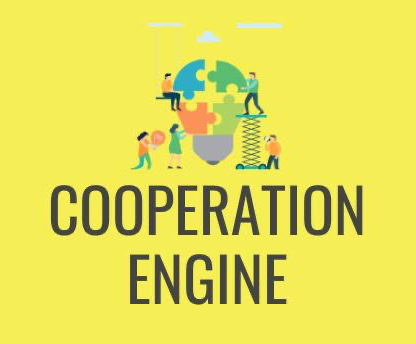-
Steenberg posted an update 2 years, 5 months ago
The Thai government recently made marijuana legal for medical use, a huge reversal of its hard-line anti-drug policy.
Cannabis advocates say the change will be a boon for the country’s struggling farmers and public health. But some are concerned that it will boost the profits of large corporations while hurting small producers.
History of Marijuana Use in Thailand
Thailand’s history with cannabis has been a strange one. Unlike most other countries in Asia, Thailand has never officially banned marijuana use and instead only enacted harsh criminal laws against those who produce or traffic marijuana.
As a result, Thais who consume marijuana are often treated as drug offenders by the government. This approach was used to combat the country’s narcotics problem in the 1970s and 1980s.
During this time, Thailand was also one of the world’s leading producers and exporters of marijuana. This was all thanks to the demand for a particular strain of cannabis — known as Thai Stick — from American soldiers.
Today, Thailand is the first country in Asia to legalize marijuana for medical purposes. This policy change has changed the way that people use the drug and has created a growing controversy among politicians and health authorities. But the new policy is a win for Thais and for the plant’s longtime supporters.
Symptoms
Medical marijuana has a number of benefits, but some users report unpleasant symptoms. Some of these include red eyes, poor muscle coordination and increased appetite.
Using marijuana can also increase a person’s risk of developing psychiatric disorders such as depression and anxiety. This is particularly true if the user has a history of mental health problems.
In some cases, marijuana can be addictive. It can affect a person’s thinking and judgment, which may lead to accidents or injuries.
People with multiple sclerosis (MS) often use cannabis to ease spasms, pain and other symptoms. It can also help with gastrointestinal issues, such as nausea and vomiting.
It is also used to treat glaucoma, an eye condition that causes high pressure inside the eyes. This reduces the need for medications to control the condition. In addition, it has been reported to be effective in treating post-traumatic stress disorder (PTSD). It may also help manage pain and nausea caused by HIV/AIDS treatment.
Treatments
Cannabis can be used for pain, insomnia, nausea and vomiting. The plant is also used for cancer treatment, including chemotherapy and radiation.
Thai patients who use cannabis for medical purposes can obtain it through the government. It is currently available in hospitals, and the government is encouraging deregulation and the creation of clinics to offer cannabis-based treatments.
Despite this, some patients have concerns about the efficacy of the products provided by the government. For instance, Ladda has not been able to purchase CBD, a compound that is non-psychoactive and can be taken for cancer pain.
Despite these issues, Thailand is optimistic about the future of the marijuana industry and views it as a potential multitrillion-dollar industry in years to come. As such, it has begun to reform its laws and allow the cultivation of cannabis.
Prevention
In Thailand, the government recently approved medical marijuana use in a historic move that marks a reversal from the country’s hardline drug policy. The change was prompted by a push to get addicts into treatment rather than jail.
But despite the legalization, cannabis remains illegal for recreational use. The government has warned that those who light up for fun could still be deemed a nuisance, subject to a 3-month jail sentence and 25,000 baht ($780) fine.
Those eager to sell weed also remain banned from doing so to those under 20 years old, pregnant women and breastfeeding mothers, according to a law that has been in place for decades. And marijuana extracts, such as oil, remain illegal if they contain more than 0.2% of tetrahydrocannabinol, or THC, the chemical that makes you high.
However, the new regulations may provide some protections for patients if they are supervised and prescribed by certified health providers. These safeguards may reduce the incidence of adverse events associated with unsupervised and unregulated cannabis use, but long-term monitoring is still necessary.
Shopping for marijuana in Thailand? Ensure you go to ganjasend.com for all you may want to figure out.
